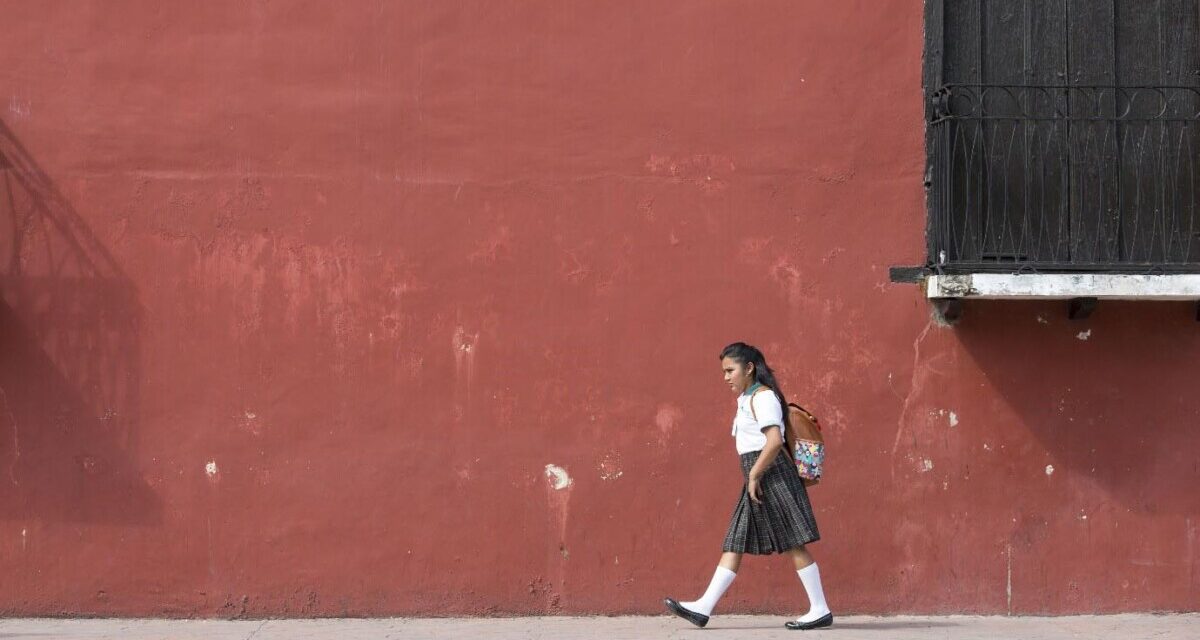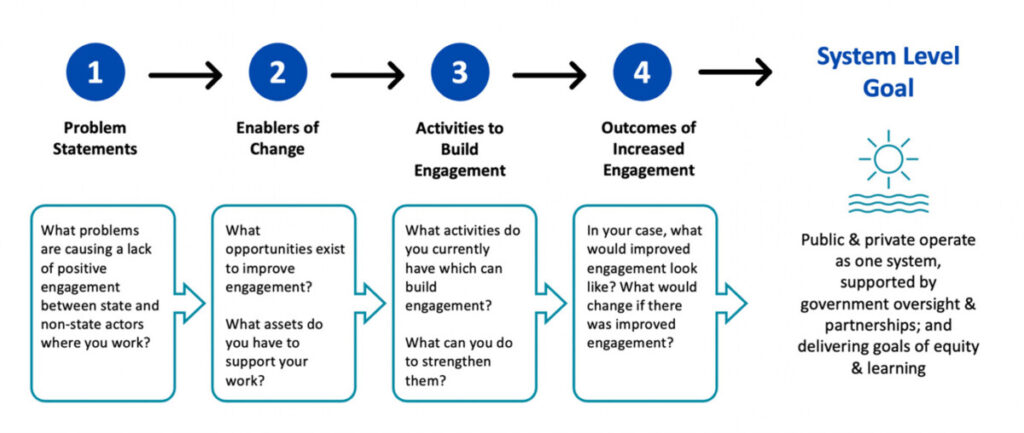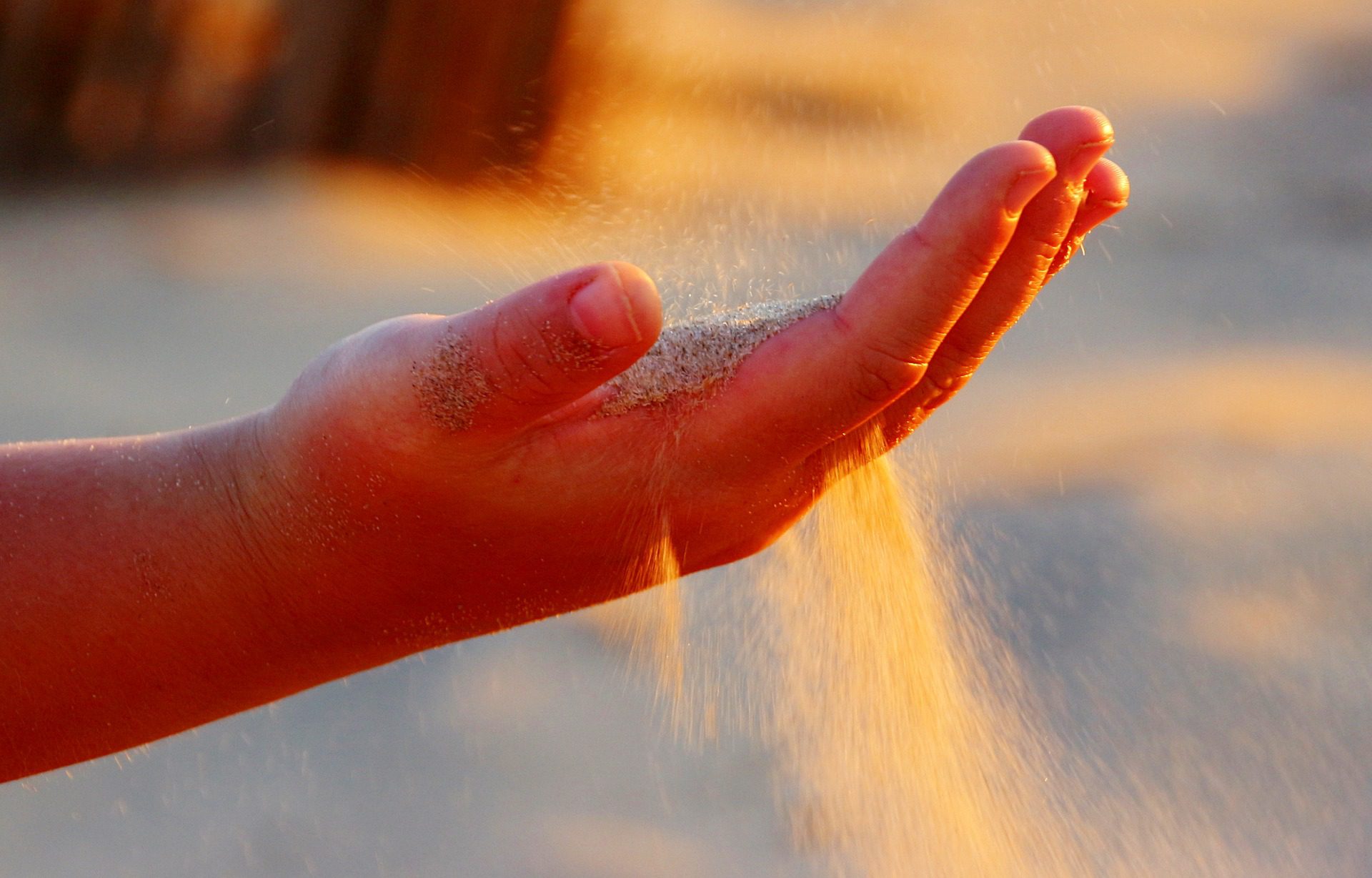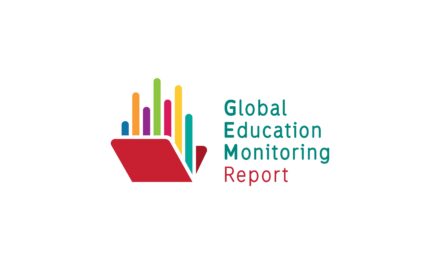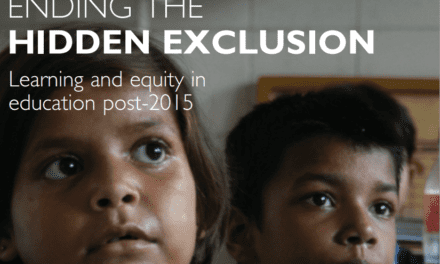This blog was written by Aashti Zaidi Hai, founder and CEO of Global Schools Forum (a collaborative community, innovation accelerator, and partnership builder for non-state organisations working to improve education at scale for underserved children in low- and middle-income countries); and Ross Duncan, independent education consultant supporting the All Hands On Deck Initiative.
The UNESCO GEM Report 21/22 urges us to consider all education actors as part of a single system. Building on this, the All Hands on Deck for SDG 4 Action Toolkit offers a practical, evidence-based guide to build more collaboration across education systems, based on global success stories in collaboration.
The context
Around 1 in 5 children are educated in the non-state sector globally, and in many settings the role of the non-state can be much higher. Almost 50% of children are educated by non-state actors in India, and around 90% of primary schools in Lagos State, Nigeria, are non-state.
Without recognition, engagement, and support for all contributors to our education systems, many children risk being left out. We need to get all-hands-on-deck working together in a coordinated way, which means collaboration between all education stakeholders: governments, non-state education providers, researchers, innovators, funders, civil society organisations (CSOs), and community groups.
Each stakeholder brings their own strengths and roles within education systems. Governments are well-placed to deliver education at scale and are able to steward their entire education system, while non-state actors can foster innovative practices in education and be more agile in times of change.
This is where All Hands on Deck comes in.
Introducing the All Hands on Deck for SDG4 Action Toolkit
The All Hands On Deck for SDG4 Action Toolkit helps different education stakeholders to collaborate and engage with each other effectively.
It is a set of free resources including case studies, presentations, guides and facilitator notes. These offer a practical guide for building better collaboration and integration across national, subnational, and regional education systems. It has been commissioned by IDP Foundation in collaboration with Global Schools Forum and Oxford MeasurED, under the umbrella of the All Hands On Deck Initiative.
The toolkit’s case studies showcase positive real-world cases of building more collaborative systems, from the Central Square Foundation (CSF) in India, Lagos State in Nigeria, TRECC in Cote d’Ivoire and The East African Regional Education Learning Initiative (RELI). Each case offers unique learnings into different ways to improve integration, from working with government to scale innovations to creating long-term engagement with government from an ecosystem of actors.
Case study: Central Square Foundation, India
CSF is dedicated to ensuring quality education for all children in India through system-led reforms, in a context where non-state actors form a significant part of this system.
Their work on non-state education involves improving the evidence environment, pushing for outcome-focused regulation for all schools, and providing a narrative around private schooling that successfully engages all stakeholders, including policy makers. This case highlights how evidence can be used to create and sustain new narratives around non-state education to support more productive engagement with government.
Additionally, CSF has played a positive role convening and influencing within the Indian education sector, despite operating in a setting in which the issue of low-fee private schools is relatively contentious. This provides an opportunity to learn how to use evidence to navigate a politically sensitive sub-sector to achieve collaboration.
Shaveta Sharma-Kukreja, CEO & MD of Central Square Foundation, described being “honoured to be featured as a case study in the All Hands On Deck for SDG 4 Action Toolkit. By showcasing successful collaborations between state and non-state actors, the toolkit provides a valuable blueprint for fostering stronger partnerships across national, State, and regional levels.”
She goes on to describe how “this collaborative approach to system strengthening is critical to achieving SDG 4 and ensuring quality education for all children. The need for system strengthening is vital and requires all stakeholders to come together for All Hands on Deck to contribute towards a unified solution.
We’re excited to see the toolkit empower others to join this movement and unlock the collective potential of all education stakeholders.”
Using the toolkit
The toolkit outlines the journey for organisations to bring together all education stakeholders to create positive collaboration. It provides practical activities for organisations to address key questions to reach a system-level goal: what needs to be addressed, what factors enable change making, what activities are impactful, and what outcomes are required to reach a system level goal.
By working through these questions, organisations can use the toolkit to inform their strategic plans for engagement, to support their efforts to secure funding, to build partnerships with governments, or to form coalitions across and beyond the non-state sector.
The resources are designed to be used flexibly by a range of actors – implementing organisations, policymakers, CSOs, network organisations, education providers, and funders and global organisations – to support their unique needs to improve collaboration.
In Lagos State, Nigeria, the toolkit has already been used by SEED to form a coalition of low-fee private schools to engage with government. SEED’s Executive Director, Olanrewaju Oniyitan, describes how: “The All Hands On Deck Toolkit has been extremely useful for us, especially in our advocacy work. We used the Toolkit to set up the Coalition of Low-Fee Private School Associations in Lagos State, for which SEED is now the Secretariat. The Toolkit helped us achieve the coalition’s objectives and maintain ongoing engagement with the government and other education stakeholders.”
How can I find out more?
Download the free toolkit now to explore how it can be used to build more integrated education systems in your setting.
Join us as we get All Hands on Deck working together to ensure quality education for every child.

